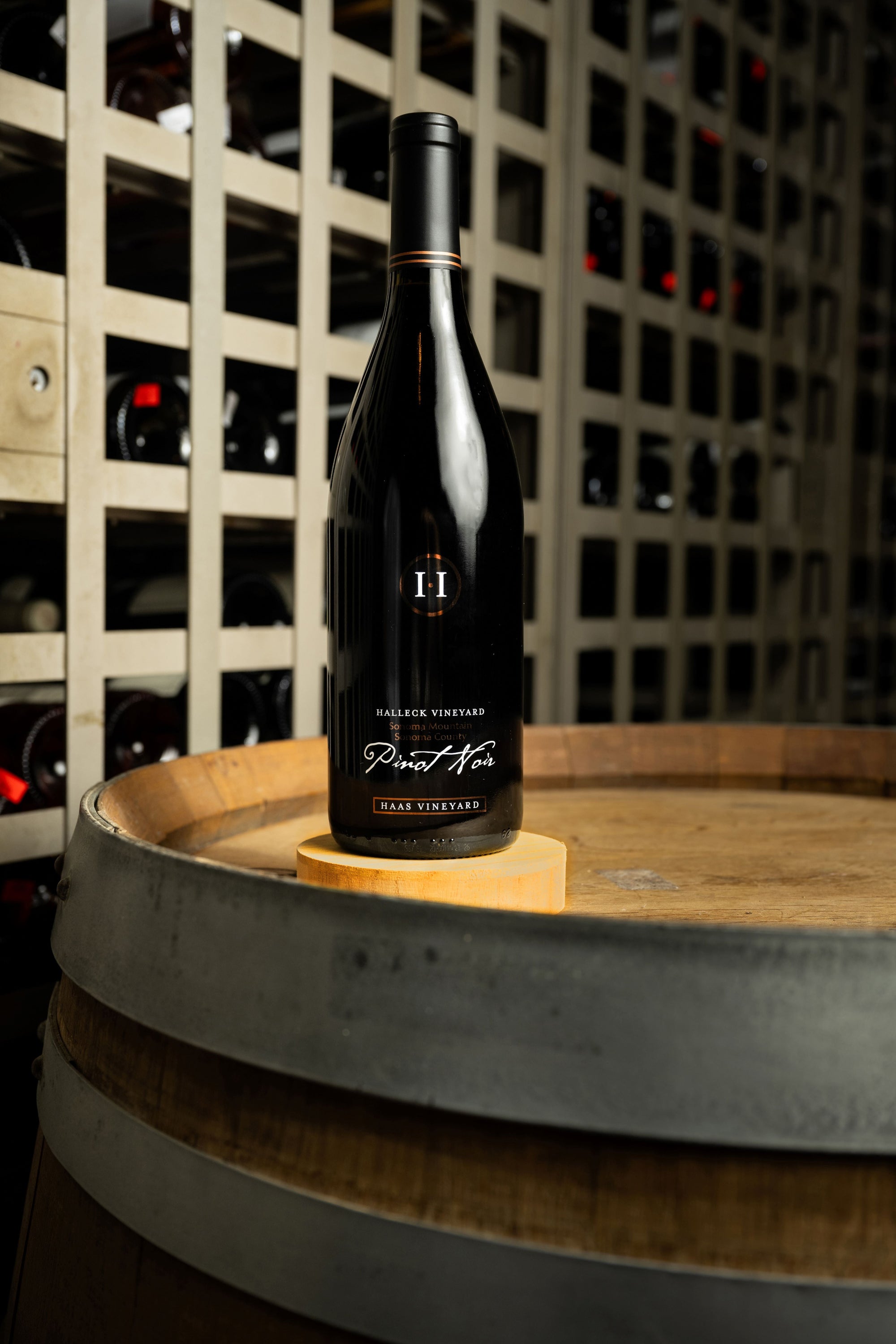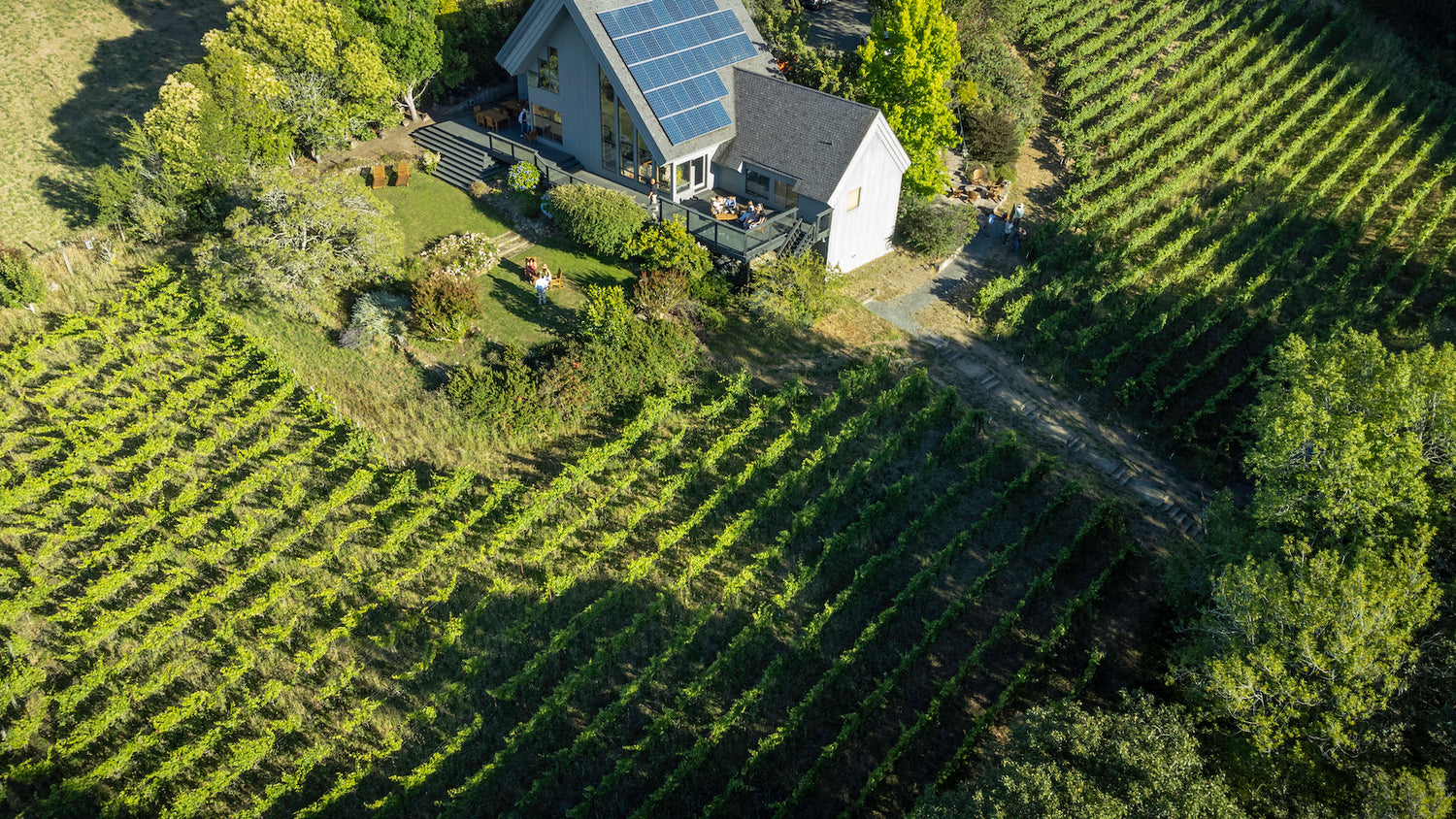Wineries Near Santa Rosa - Luxury Wine Tasting In Sonoma County
Wine tasting is often thought to be an art type, one that goes past merely enjoying a beverage. It embraces a posh interplay of flavors, aromas, and textures that requires devoted practice to truly grasp. Many who venture into the world of wine tasting shortly realize that it includes rather more than just sipping wine. Bettering sensory skills via devoted winery wine tasting can elevate the experience, transforming an informal drinking occasion into a complicated exploration of the senses.
At a primary stage, wine tasting engages the senses of sight, smell, style, contact, and even sound. Each part plays an important function in appreciating the nuances of a wine. When one first pours a glass of wine, the rich hues can provide initial insights into its age and varietal. Observing the colour and clarity helps kind expectations about the wine's flavor profile. Many don’t totally appreciate how this visual evaluation can set the stage for what's to follow.
The next step is to interact the sense of odor. Swirling the glass aerates the wine, permitting its unstable compounds to escape and fill the air with its bouquet. The nose entails some fascinating layers—different aromas can signal numerous features of the winemaking course of, together with the type of grapes used, fermentation methods, and growing older circumstances. Developing a keen sense of scent can be a game-changer in wine tasting.
Wineries In Sebastopol - A Guide To Sonoma Wineries
To enhance this sensory skill, wine enthusiasts are often encouraged to take part in devoted tastings at wineries. These tastings allow people to focus solely on the sensory experience (Breathtaking Views From Sonoma Wineries). Tasting classes led by educated sommeliers or winemakers can offer insights into figuring out distinct aromas. Learning to distinguish between floral, fruity, earthy, and spicy notes can empower a taster to articulate their experience with greater precision.
As one practices their sensory talents, they may discover that their style preferences evolve. This transformation typically happens after multiple tastings. A wine that originally seemed overwhelming may reveal hidden layers of complexity with a little bit of experience. Understanding tips on how to isolate particular person flavors such as acidity, sweetness, bitterness, and umami contributes considerably to the overall wine experience.
Another important element in enhancing sensory skills is the context during which wine is tasted. Environmental elements like temperature, lighting, and even the corporate present can influence perceptions. At a winery, an optimum setting can cut back distractions and enable a extra profound exploration of the wine (Wineries With Sustainable Practices). Training conscious tasting techniques encourages a more immersive experience, permitting tasters to hone in on their senses.
It isn't solely about individual perception, although. Partaking with others throughout a tasting can also improve sensory skills. Sharing notes and discussing impressions fosters a deeper understanding of the wine. This collaborative approach encourages individuals to articulate their sensory experiences, thereby broadening their linguistic repertoire associated to wine tasting.
Wine Tasting Trails In Sonoma Valley - Top-Rated Wineries In Sebastopol
Additionally, pairing wine with food can considerably improve the tasting experience. Totally Different combinations can deliver out distinctive flavors in both the wine and the dish. As one tastes a wine alongside explicit meals, they will start to acknowledge how certain elements within the wine complement or contrast with what they're eating. This skill of pairing is another layer that enriches sensory development.
Coaching one’s palate can contain a wide range of workout routines. Some enthusiasts interact in systematic tasting experiences, sampling a range of wines that showcase completely different varietals, areas, or vintages. Exploring this diversity can sharpen the flexibility to discern nuances throughout different wine profiles. Over time, this practice builds a psychological library of flavors that might be accessed throughout future tastings.
Notably, written notes serve a dual purpose: organizing one’s ideas and reinforcing memory. By writing down observations about every wine, tasters can track their progress over time. Detailing the traits of wines assists in solidifying information, ultimately deepening one’s appreciation of what they eat.
Furthermore, attending workshops or classes targeted on sensory analysis may also be useful. Many wineries offer these academic programs to assist individuals refine their skills. Typically, trained instructors guide individuals by way of structured tastings, focusing on particular elements of the wine. This stage of education reinforces the sensory skills asynchronously and challenges tasters to consider their experiences from different angles.
Wineries Providing Guided Vineyard Walks - Best Winery Located In Sonoma

Over time, the commitment to improving sensory skills through dedicated winery wine tasting can yield significant rewards. The enjoyment derived from wine becomes layered and multifaceted. No longer limited to a simple preference for "red" or "white," tasters begin to appreciate the stories behind every pour. They domesticate a palette able to navigating the advanced panorama of flavors with confidence.
In conclusion, the journey of enhancing sensory skills by way of devoted winery wine tasting is as rewarding as it's pleasant. It requires focus, dedication, and a willingness to study, but the outcomes far exceed the initial effort. By engaging a number of senses and participating in thoughtful discussions, people not solely become more proficient at figuring out flavors but in addition develop a deeper appreciation for the craftsmanship behind each bottle. The process transforms wine from a mere beverage into a wealthy tapestry of sensory exploration that beckons enthusiasts to delve deeper. As skills enhance, so too does the enjoyment, enriching life experiences one sip at a time.
Wineries With Estate-Grown Grapes - Sonoma County's Best Wine Experiences
- Partaking the palate by way of various wine varieties enhances the ability to differentiate flavors and aromas, refining total sensory notion.
- Participating in guided tastings promotes targeted consideration on refined traits of every wine, nurturing critical tasting skills.
- Learning to determine particular grape varieties fosters a deeper understanding of terroir, which aids in recognizing regional flavor profiles.
- Incorporating food pairings throughout tastings can heighten sensory consciousness, as completely different tastes can influence each other and alter perceptions.
- Practicing the art of swirling and nosing wines allows individuals to connect olfactory cues with style, enhancing the flexibility to articulate sensory experiences.
- Attending workshops that emphasize blind tastings trains members to rely purely on their senses somewhat than preconceived notions, enhancing objectivity.
- Elevating sensory skills can result in higher wine choice skills, empowering people to make knowledgeable selections primarily based on personal preferences.
- Participating with educated sommeliers presents insights into wine-making processes, which deepens sensory appreciation and enhances vocabulary for describing wines.
- Common participation in tastings encourages reminiscence growth of flavors and aromas, aiding within the formation of a customized sensory profile over time.
- Sharing tasting experiences with friends fosters discussion, promoting communal learning that can enhance particular person sensory skills by way of collaboration.undefinedWhat is the aim of bettering sensory skills via wine tasting?

Improving sensory skills by way of wine tasting allows individuals to boost their capability to identify and recognize the varied aromas, flavors, and textures of wine. This heightened sensory awareness can result in a deeper understanding of wine and an general enriched tasting experience.
Wineries Hosting Seasonal Events - Vineyard Visits And Wine Tasting In Sonoma
How can I develop my sensory skills at a winery?
You can develop your sensory skills at a winery by taking part in guided tasting classes that focus on particular varietals. Have Interaction with educated workers find out here who can present insights and encourage you to take notes in your impressions, enhancing each your observational and descriptive talents.
What should I expect during a devoted wine tasting experience?
Wineries Offering Private Events - Top Sonoma Wine Tasting Destinations
Throughout a devoted wine tasting experience, count on to pattern a number of wines whereas receiving focused training about each one. You'll learn about the winemaking process, tasting techniques, and the method to discern totally different sensory characteristics, all in a relaxed surroundings.

Is prior knowledge of wine needed to benefit from a sensory skills workshop?
- Wineries With Scenic Views
No prior data of wine is important; the workshops are designed for all ranges of experience. Novices will find useful information to construct from, whereas seasoned tasters can refine their skills and expand their palate even additional.
How do sensory skills impact my total wine appreciation?
Vineyard Picnic Spots In Sonoma Valley - Exploring The Vineyards Of Sonoma
Bettering sensory skills considerably enhances your overall wine appreciation by permitting you to wineries near santa rosa determine subtleties and complexities in wines. This deeper understanding enriches your tasting experience and helps you make informed alternatives based mostly on personal preferences.
Are there particular techniques I should use whereas tasting wine to enhance my sensory skills?
Wineries Ideal For Large Groups - Enjoying A Vineyard In Sonoma
Sure, employing techniques such as the "SWOT" method (Sight, Swirl, Smell, Sip, Savor) can be helpful. Pay consideration to the wine's look, aromatics, and mouthfeel, and take your time with each sip to completely explore the flavors and sensations.
What type of wines are usually included in sensory skills tastings?
Sometimes, sensory skills tastings include a selection of wines that showcase completely different areas, varietals, and styles. This diversity helps members determine distinct characteristics and enhances their capacity to differentiate between wines.
Can sensory skills workshops be personalized to my tasting interests?
Wineries With Outdoor Seating - Sonoma's Finest Wineries
Many wineries supply personalized options for sensory skills workshops, allowing you to concentrate on specific forms of wines or themes that curiosity you, corresponding to organic wines or distinctive regional offerings. It's best to inquire directly with the winery for tailor-made experiences.
Is there a approach to practice sensory skills after leaving the winery?
Sure, you probably can practice your sensory skills at home by tasting totally different wines and keeping a tasting journal. Experimenting with various food pairings and aromatics can additional improve your understanding of how flavors interact, reinforcing the skills gained at the winery.